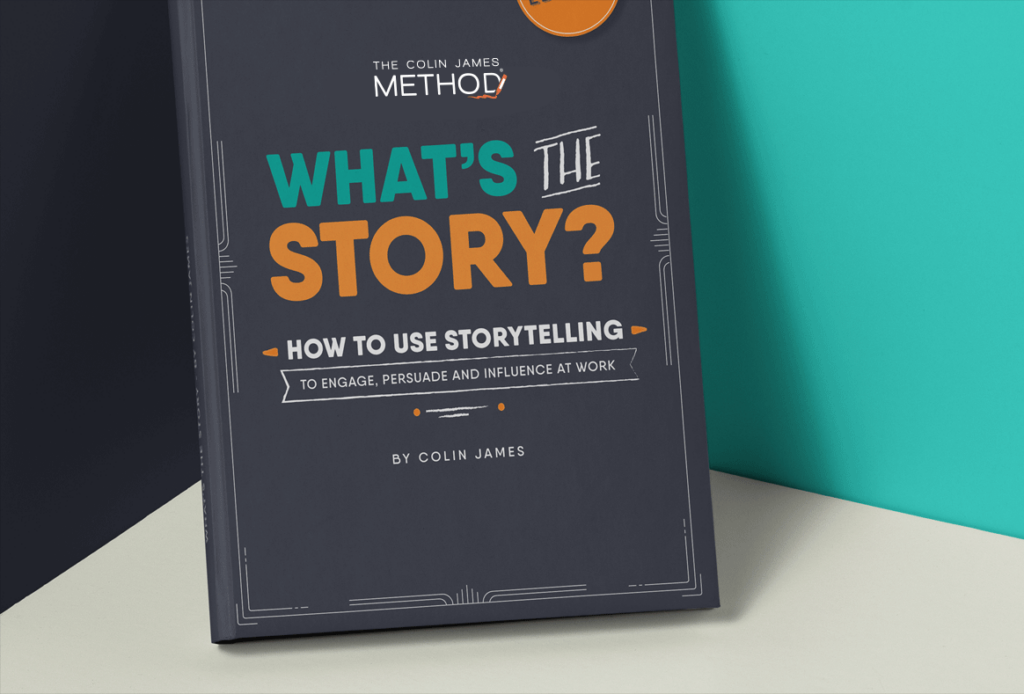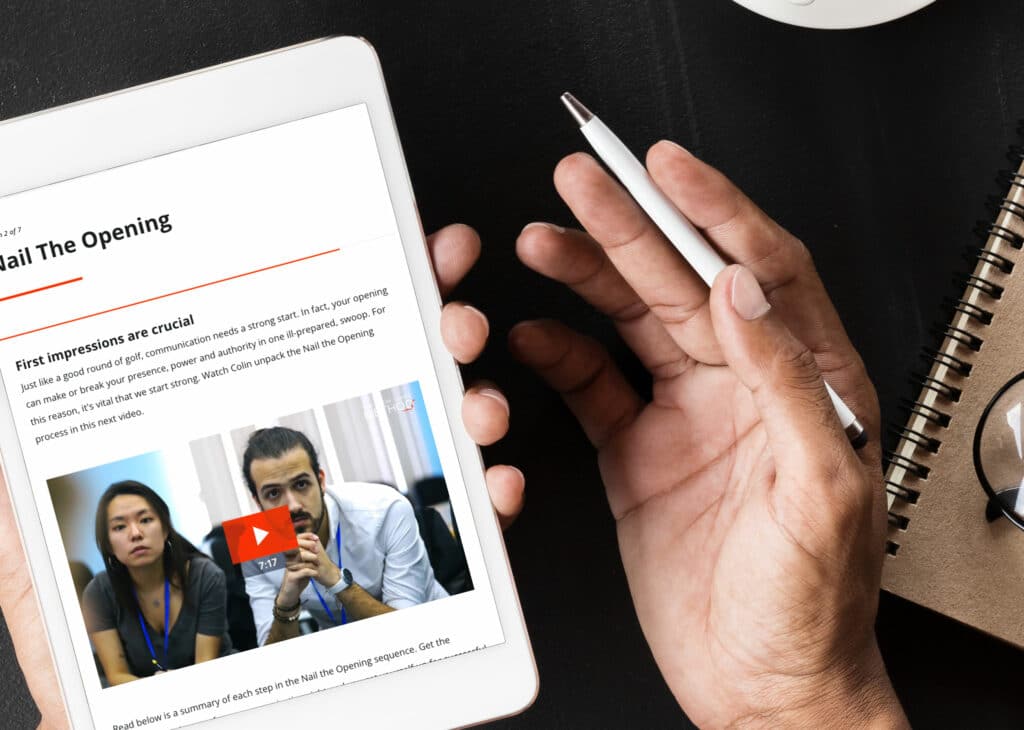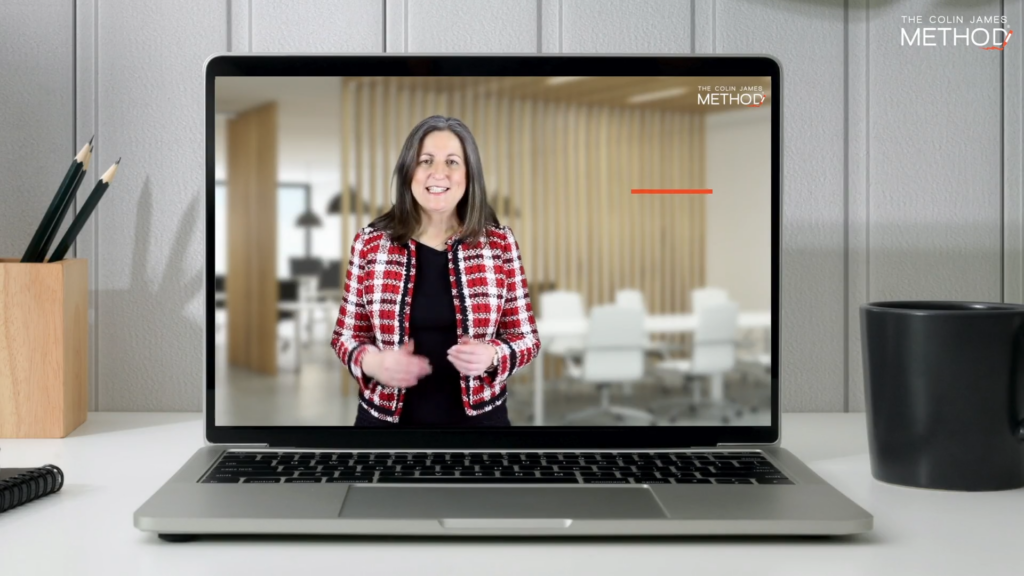You’ve heard of constructive criticism. It’s the idea that we can be given feedback that isn’t wholly positive if it’s presented in a way that’s designed to educate us and enable us to improve.
Well, this week I want to talk about constructive conflict.
What is constructive conflict?
A little bit like constructive criticism, constructive conflict is when employees feel comfortable to challenge prevailing views and ideas when it’s done with the overall betterment of the team and/or company in mind. This is how to exert your influence in a legitimate and non-aggressive manner.
For example, if you think the team is taking the wrong approach with a client, but you go along with it for fear of “rocking the boat”, who benefits? Nobody. Not you, not the team, nor the client. It’s a lose-lose situation.
On the other hand, if you challenge the team’s approach in a constructive manner, offering evidence to support your thinking, it could lead to the development of a different, better idea, which benefits everybody — not to mention, your career.
Constructive conflict in the Australian corporate landscape
Within corporate Australia, there is a misconception that politeness means never challenging others. It’s a form of “tall poppy syndrome” and extremely dangerous when it comes to brainstorming, innovation and strategy meetings.
Smart professionals with good ideas in their heads allow the loudest voice in the room to dominate conversations because they don’t want to be seen to be “upsetting the apple cart” or they don’t know how to voice their opinion in a non-confrontational manner. This often leads to mistakes down the track or a lack of innovation because clever people with valuable points of view aren’t chiming in when they should be.
You don’t see this issue as much in corporate America, where conflict negotiation is much more part of the fabric of society.
Benefits of productive disagreements in the workplace
So, disagreeing with your colleagues can actually be helpful. Constructive conflict in the workplace allows employees to:
- Feel free: A culture that embraces debate and change allows workers to feel safe to speak up and share their ideas.
- Broaden their perspective: This environment means employees are more able to think outside the box and become more aware of alternative solutions to problems.
- Work better as a team: Successfully navigating conflict strengthens the bonds between colleagues and deepens their relationship, enabling them to work better as a unit.

5 top tips for using constructive conflict to your advantage
1. Never make it personal
Challenging a colleague’s idea, approach or view should never be personal. Make it clear when communicating your objections that you value your colleague’s input but you’re seeing it from another standpoint.
When everyone feels like a significant and valued part of the team, you create an environment that’s conducive to change, rather than afraid of it. If differences of opinion are celebrated and associated with an individual’s skills, there’s no need for defensiveness.
Team members are more likely to support one another and less likely to compete if their “needs for uniqueness” are met. For example, Liz might be great at attention to detail, while Ben is more of a big picture visionary. Highlighting each individual’s skills as assets allows you to present your own ideas based on your particular skills and expertise.
2. Support your challenges with the reasons behind your doubt
Following on from the previous point, it’s important to back up whatever you say with your reasons for saying it. What evidence do you have to support your challenge? It doesn’t have to be concrete, but the fact that you attempt to explain your reasons for speaking out in the first place means you’re more likely to be listened to.
Identifying and reinforcing the team’s common goal can be a powerful tactic here. If your objections and/or alternative proposal clearly aligns with or fulfils certain aspects of your common goal, it’s likely to be better received.
3. Adapt your communication style to suit the person you’re challenging
Generally speaking, there are four types of communicator: analytical, intuitive, functional and personal. The Analytical Communicator is numbers-centric, so data is going to be very important when bringing them around to your point of view.
The Intuitive Communicator is about the big picture, so you need to communicate the overarching vision or purpose of what you’re suggesting. Personal Communicators like to be more informal and make real human connections with colleagues. So a degree of small talk would be completely appropriate here.
Finally, the Functional Communicator wants details, timelines, processes and methodology. Make sure you’re completely prepared when presenting them with conflicting information.
4. Smile and remember you’re being constructive, not aggressive
Your body language is incredibly powerful when it comes to effective communication skills. You’d be surprised how much can be achieved with a simple smile.
To win over your colleagues and exert influence, your smile must be genuine and open-lipped. It helps to generate confidence and safety between you and your audience. It also makes it less likely that you’ll be cut off mid-sentence.
5. Always present solutions, not just problems
You know the old adage, “bring me solutions, not problems.” Well, it’s hugely applicable in the case of constructive conflict. If there’s an idea on the table and you shoot it down, you have to be able to offer an alternative of your own.
You could also try the “yes, and,” as opposed to “yes, but” approach. Instead of contradicting, agree with your colleague’s position and then add your point of view. This is particularly effective if the person you’re challenging is an apex predator type.
Most people fear conflict. But repressing anger and frustration at work, or simply placating others when you don’t necessarily agree, is always a bad idea. It can ruin the cohesiveness of the team and grow like an unresolved cancer. You know what they say: the truth will always come out.
Having productive disagreements is an essential component of effective communication, and ultimately can result in closer bonds — because, through debate, we get to know each other better.
As an ambitious professional, you should try to challenge, question, dig deeper and present opposing views for the common good. And as a team leader, you should attempt to create an environment in which others feel comfortable to do the same, deliberating on a range of ideas together in order to agree on the best one. It’s an important part of conflict management.
To learn more about constructive conflict and finding your voice in the workforce, join our Influence Webinar now, so you can feel confident presenting alternative ideas and encouraging debate within your team.
The Colin James Method® Facilitators train corporate executives to improve their professional communication skills with a proven methodology. Our highly trained Facilitators and Coaches are recognised for their experience in their fields and have worked with many individuals and organisations around the world to master the art of communication.











